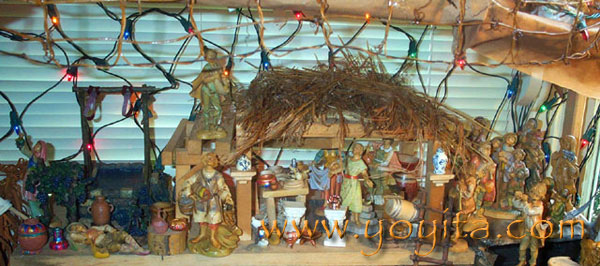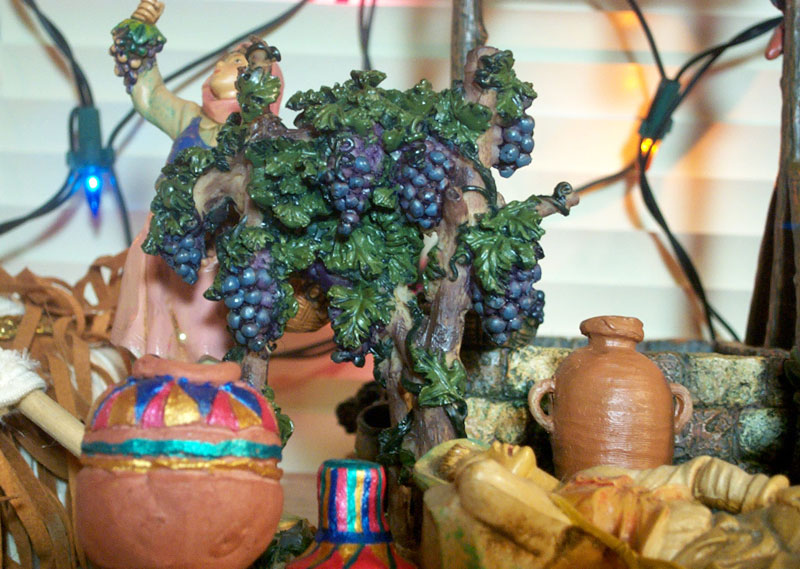Alcoholic beverages appear repeatedly in the Bible ´┐Ż from Noah planting a vineyard and getting drunk to Jesus miraculously making copious amounts of wine at the wedding at Cana and later incorporating wine as part of the central rite Christianity, the Eucharist. Wine (that is, fermented grape juice) is the most common alcoholic beverage mentioned in the Bible and was both an important part of daily life in Biblical times and a frequent source of symbolism. The inhabitants of ancient Palestine also drank beer and wines made from other fruits, and some references to these appear in the Christian Scriptures.
On the whole, the Bible displays an ambivalence toward intoxicating drinks, considering them both a blessing from God that brings joy and merriment and potentially dangerous beverages that can be unwisely and sinfully abused, and the relationship between Christianity and alcohol has generally followed this same pattern.
The Marriage at Cana is an event reported by the Gospel of John but not by any of the Synoptic Gospels. John reports that Jesus was attending a wedding in Cana with his disciples for the Jewish rite of purification. When the hosts ran out of wine, Jesus' mother (unnamed in John's Gospel) told Jesus, "They have no more wine." Jesus replied, "Dear woman, why do you involve me? My time has not yet come." Jesus' mother said to the servants, "Do whatever he tells you." John 2:3-5. Jesus ordered the servants to fill the empty containers with water. When they had done so, Jesus told them to draw out some of it and take it to the chief waiter. After tasting the water that had become wine and not knowing what Jesus had done, he told the bridegroom that he had departed from the custom of serving the best wine first by serving it last.John 2:6-10. This was the first miracle of Jesus and it was performed to reveal his glory, and his disciples put their faith in him.John 2:11
The story has had considerable importance in the development of Christian pastoral theology, since the facts that Jesus was invited to a wedding, attended and used his divine power to save the celebrations from disaster, are taken as evidence of his approval for marriage and earthly celebrations, in contrast to the more austere views of the Pauline Epistles as found, for example, in 1 Corinthians 7. It has also been used as an argument against Christian teetotalism (see Christianity and alcohol), and in Roman Catholicism, the Wedding at Cana is one of the Luminous Mysteries of the Rosary. |




